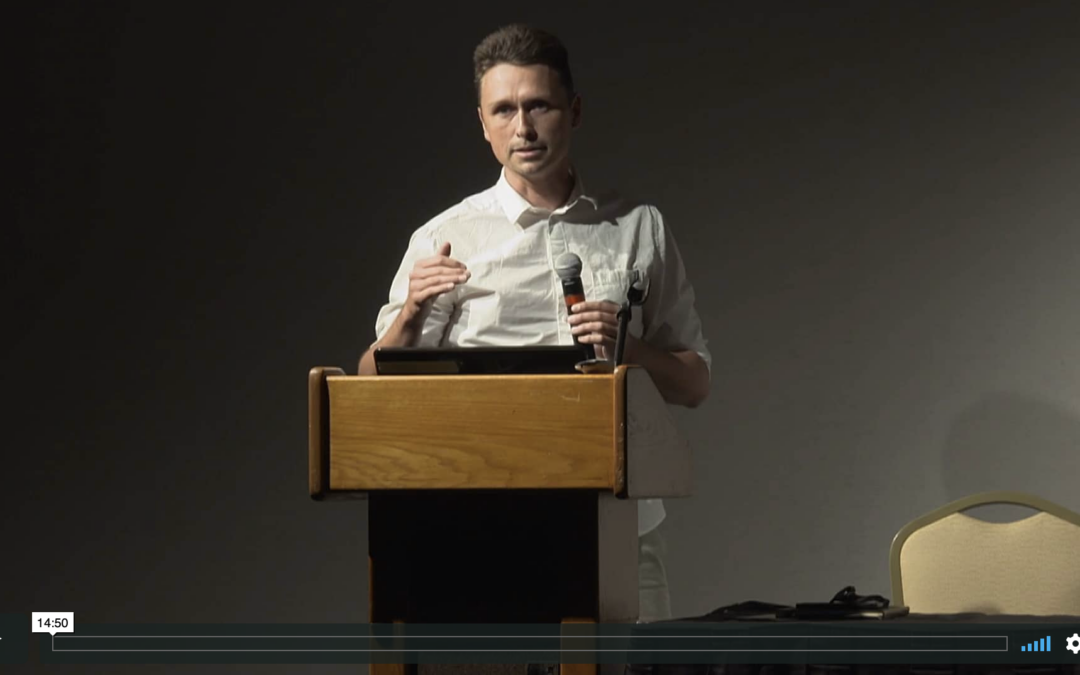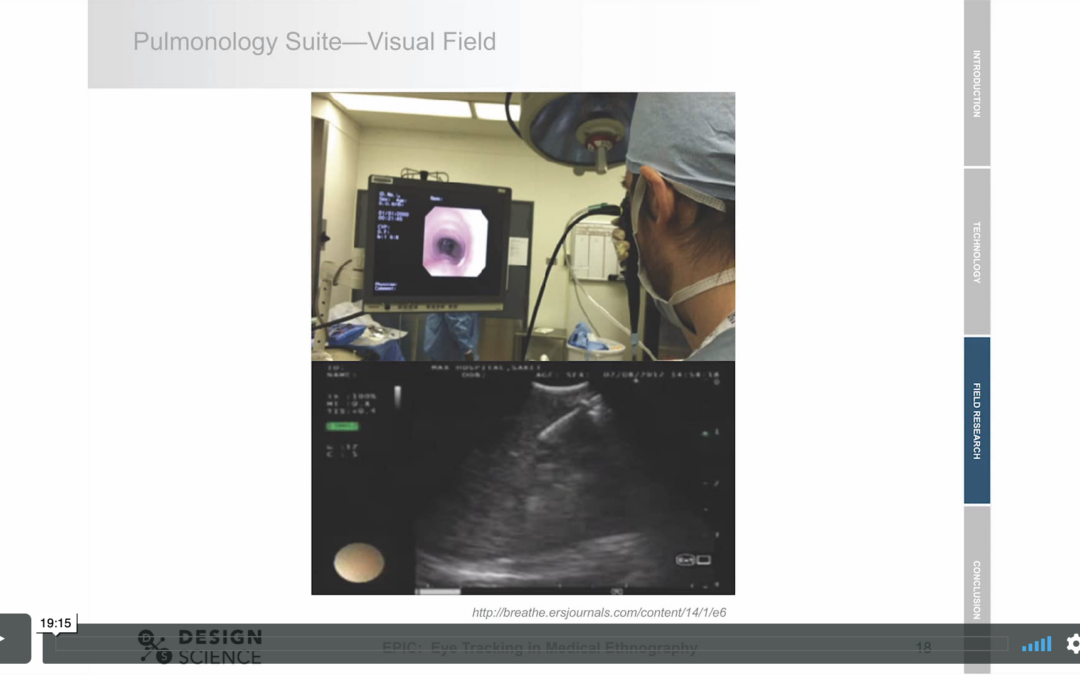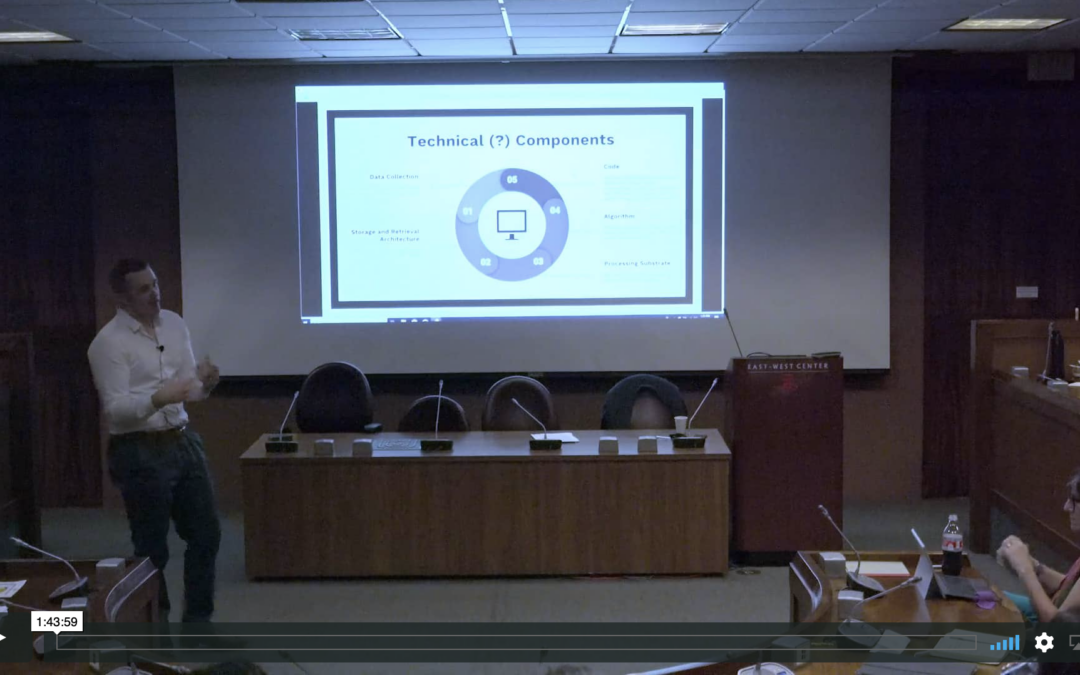This paper examines the resilience of human expertise in an age of Large Language Models (LLMs) and establishes...


This paper examines the resilience of human expertise in an age of Large Language Models (LLMs) and establishes...

This work demonstrates how and why the expertise of non-medical actors, such as patients, caregivers, and...

Case Study—In 2016 The Chicago Community Trust (“The Trust”), a local Chicago foundation, partnered with Roller Strategies (“Roller”), an international professional services firm, to deploy an innovative mixed-methods approach to community-driven social change on the South Side of Chicago. This...

The focus of this paper is to investigate deep learning algorithm development in an early stage start-up in which edges of knowledge formation and organizational formation were unsettled and contested. We use a debate by anthropologists Clifford Geertz and Claude Levi-Strauss to examine these...

What is the nature of expertise and work? How are they redefined, practiced, and personified as waves of...

With a strategic analysis of the push to “democratize” research—to open the research practice to...

Using eye tracking in ethnographic research poses numerous theoretical and practical challenges. How might devices originally intended to record individuals' vision of two-dimensional planes be useful in interpersonal contexts with dynamic visual interfaces? What would the technology reveal about...

Description Approx 1 hr 43 min. This video presents the lecture portion of a half-day tutorial. Case studies and a...

This paper explores two different forms of knowledge. We compare embodied understanding with propositional or abstract knowledge. Ethnographic research, with its commitment to understanding through immersion and engagement in social fields produces dexterous, intuitive and practical cultural...

Through a story of intergenerational sensemaking and reminiscing, this PechaKucha argues that the guiding...